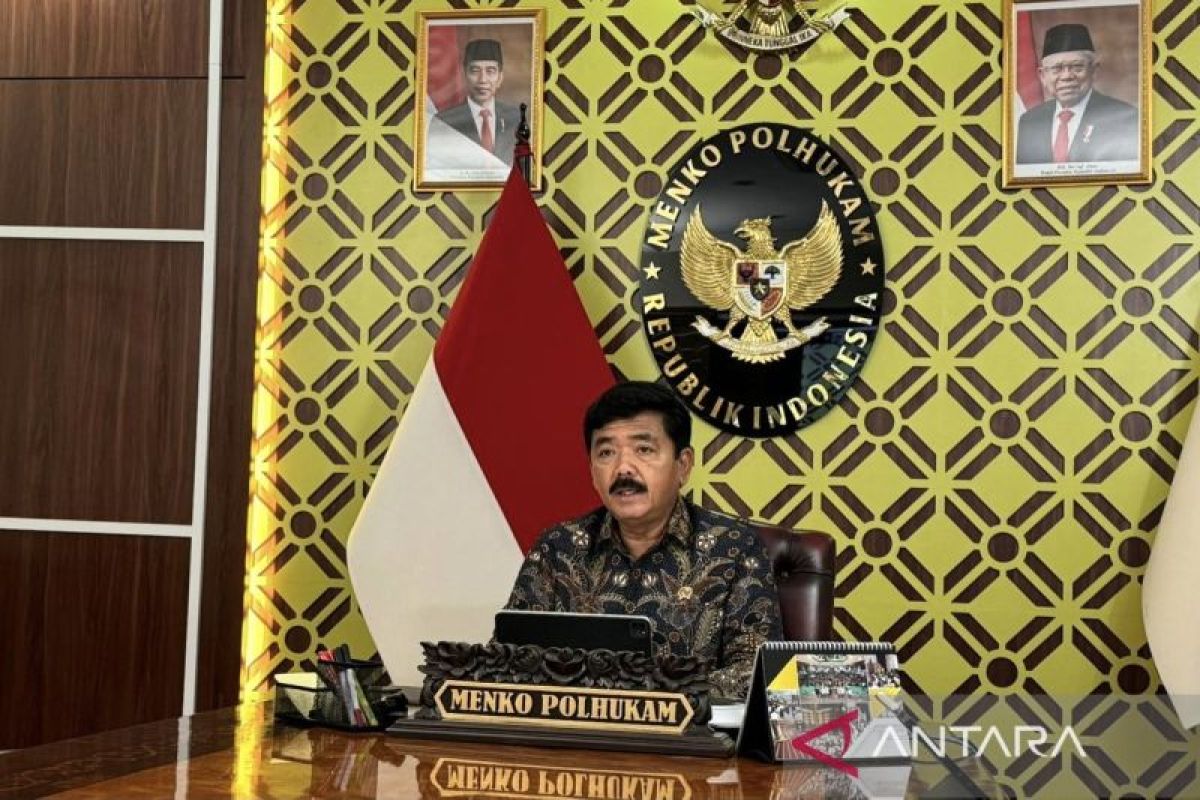The minister stated that the conflict risk in the South China Sea stemmed from overlapping maritime border claims by several countries, particularly from assertive China.
"We also recorded occurrences of incidents in the South China Sea which, if not handled properly, may cause an open conflict," Tjahjanto stated during a discussion hosted by Indonesia Strategic and Defence Studies (ISDS) here, Tuesday (March 19).
Indonesia, whose parts of its North Natuna Sea overlap with the South China Sea, should partake in managing the dispute to ensure a peaceful situation is maintained, he stressed. However, efforts to maintain a conducive situation were challenged by China's unilateral action to upgrade its nine-dash line maritime claim into a ten-dash line in 2023.
China's unilateral claim conflicted with Indonesia's exclusive economic zone in the North Natuna Sea, Tjahjanto emphasized. The coordinating minister pointed out that rivalry among major powers -- the United States and China -- also complicated the South China Sea dispute.
While assertive China aggressively deployed its warships in the disputed waters, the United States, at the same time, established the AUKUS and Quad defense alliance to curb China's influence.
In response to the tension in the South China Sea, he stated that Indonesia's stance is to strive to realize peace as mandated by the Preamble of the 1945 Constitution.
"We do not want to see the South China Sea to be the arena of show-of-force for major powers and become the epicentre of conflict. We should make the South China Sea a sea of peace," Tjahjanto stated.
Baca juga: Festival Maritim Labuan Bajo 2023 libatkan UMKM
Baca juga: Nusantara Maritime Village supports Golden Indonesia goals
Indonesia also encourages disputing countries to agree on a code of conduct (CoC) in the South China Sea, which he believed would increase mutual trust among disputing countries and in conflict management in the South China Sea.
"By Indonesia's initiative and encouragement during its ASEAN Chairmanship in 2023, ASEAN and China agreed to accelerate the CoC negotiation. We expect the CoC to be finalized in three years, or 2025," the coordinating minister remarked.










